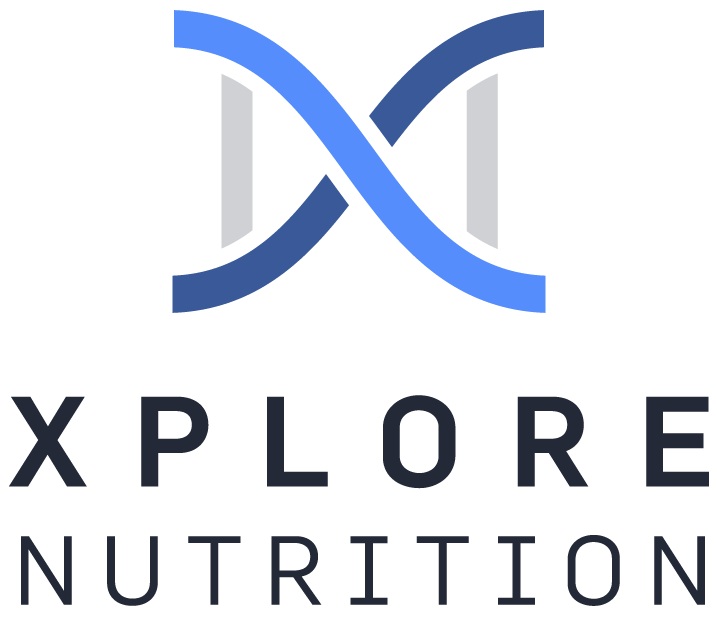The Problem With "Cheat Days"
Let’s talk about “cheat days.”
You’ll hear a lot of differing opinions on this. Some people swear by planned cheat days. They’re super strict with their nutrition plan all week, then they give themselves a free pass on one weekend day to eat what they’ve been craving. Sounds innocent enough, right?
Sure, it’s not sustainable to rigidly follow a diet. If everyone was “perfect” all of the time, we’d be miserable. Is anyone a truly perfect eater? I know I wouldn’t answer yes. But, like… what does perfect eating even mean, man? I digress. Foods we may not label as “healthy” are still a part of traditions and enjoyment – and that’s okay!
Here’s the downside to cheat days – sometimes they turn into cheat weekends, or even cheat weeks. Why does that happen?
First reason:
The words we use to talk about food can affect our attitudes and actions. Why do you feel the need to call it “cheating?" Do you feel that healthy eating means being 100% perfect all of the time? Do you think that healthy people eat any foods you’d label “unhealthy?" Expecting healthy living to be an all-or-nothing effort sets you up for failure.
Second reason:
When we completely restrict ourselves from a food and label it “bad,” we’re more likely to go overboard on that food when it’s available to us. When we label a food as “bad” we secretly feel like we’re “bad” when we eat it. This can lead to feelings of guilt and shame, followed by restriction and bingeing, then more guilt, shame… you get the picture. Think of bingeing and restricting like a pendulum – for every reaction, there’s an equal and opposite reaction.
There’s even some research to support this.
I’m betting you’ve heard about studies that (apparently) showed that sugar is as addictive as cocaine. First things first, that’s not what the research actually said, but media headlines distorted the message. If you’re not familiar, many studies (1) have compared what happens when rodents are given sugar intermittently versus when sugar is always available to them. When rodents were given only limited access to sugar, their little brains lit up when it was reintroduced, almost like they were given a drug. When they were given unlimited access to sugar, there was no addiction-like behavior when they ate it.
The take-away point?
While there are some limitations to animal research, we can see that restriction can actually increase the reward value of a food. Allowing yourself to have the foods that you want (in moderation) helps you build trust in yourself and regulate your intake without external rules. This puts you in control, not the food.“But… but… I was enjoying my cheat days.” Never fear! I would never tell you to give up your favorite foods.
But, here’s what I would recommend:
Try this experiment for a day – note the words you use to talk about food. “Cheat,” “good,” “bad”? Remember, food doesn’t have an inherent moral value. We assign that.
Give yourself permission to incorporate your favorite foods into your diet, even if you might not label them as “healthy.” It sounds counterintuitive, but it will make it easier to stay on track long-term.
Wondering if a food will fit into your nutrition plan? Track it! If you track calories or macros, see how the food fits into your goals. If you’re more of an intuitive eater, note how the food makes you feel, emotionally and physically. You might be surprised.
Is the thought of giving up cheat days still freaking you out? Start with planning one special meal during your week that you can get super psyched about. Think of it as a planned indulgence instead of a “cheat.” Then get right back on your plan the next day. You’ve got this.
References:
Cowin, R. L., Avena, N. M., & Boggiano, M. M. (2011). Feeding and reward: Perspectives from Three Rat Models of Binge Eating. Physiology & Behavior, 104(1), 87–97. http://doi.org/10.1016/j.physbeh.2011.04.041
This blog was created by Xplore Nutrition registered dietitian & nutrition coach, Chelsea Jackle.
